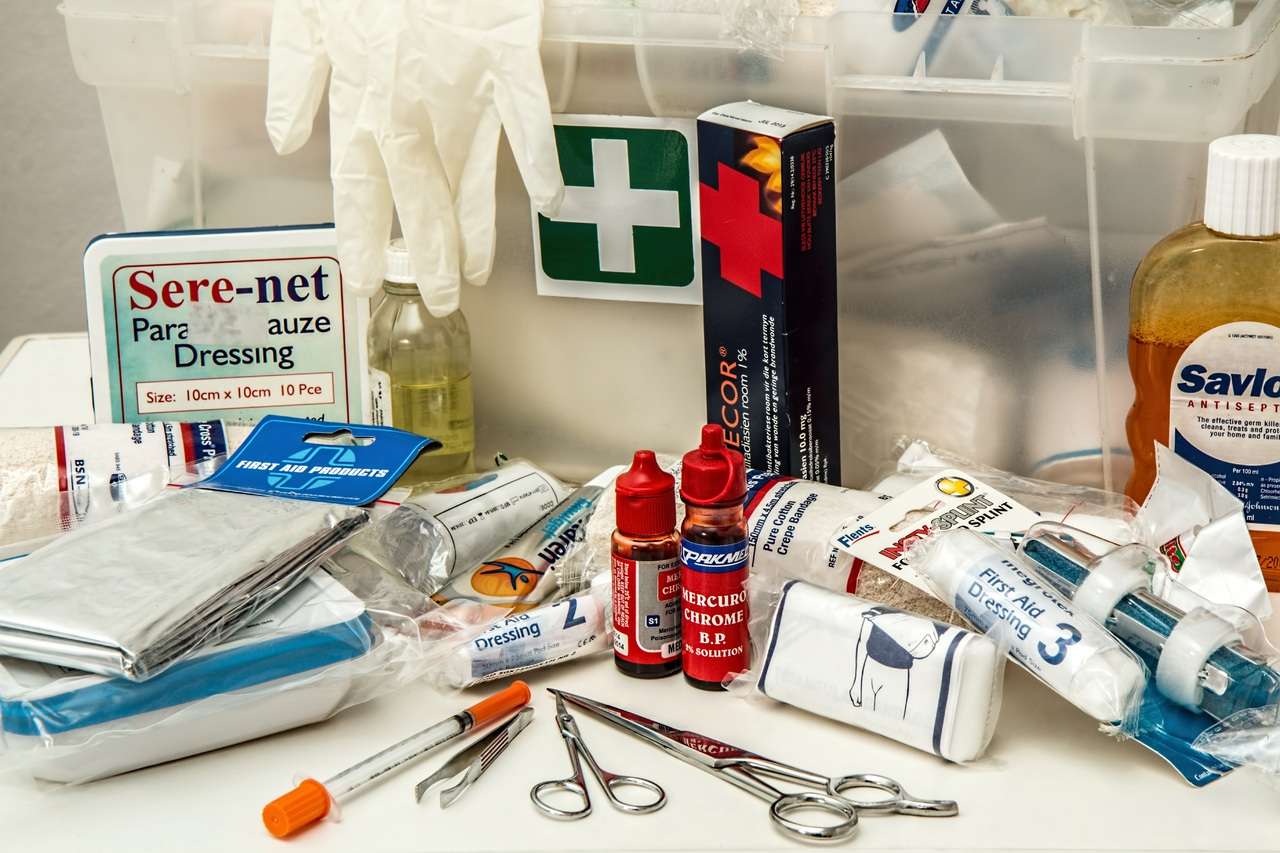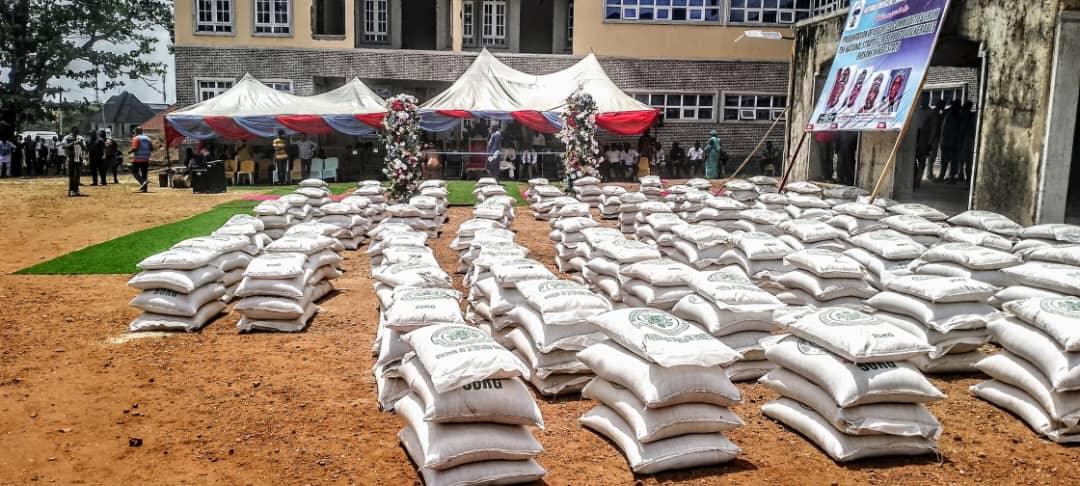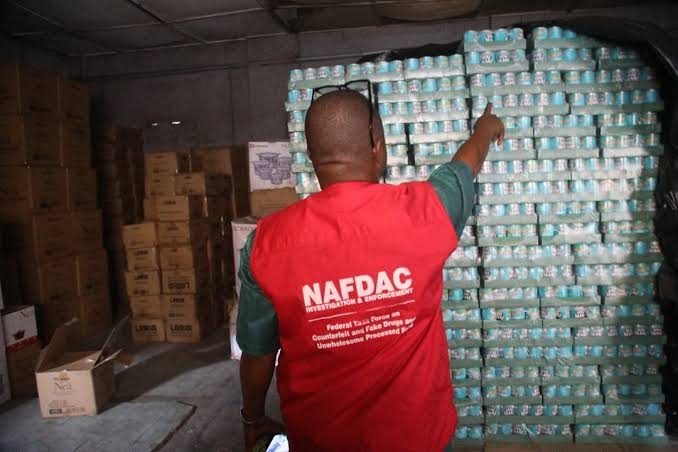
The Federal Government has launched a digitalised inventory consignment model to tackle persistent drug stockouts, strengthen supply chains, and improve affordability of essential medicines across Nigeria’s federal hospitals.
Speaking at a stakeholders’ engagement in Abuja, the Permanent Secretary, Federal Ministry of Health and Social Welfare, Daju Kachollom (mni), said the initiative aligns with the national strategy for supply chain management of essential drugs.
“Our overarching goal is to ensure the availability and affordability of essential medicines in public hospitals,” she explained. “But then, whatever we do, we should never forget that our job as the Federal Ministry of Health & Social Welfare is to save lives—first and foremost, save lives, reduce both physical and financial pain, and produce health for all Nigerians.”
She urged the Departments of Food and Drugs Services and Hospital Services, alongside the Pharmacy Council of Nigeria and other stakeholders, to collaborate effectively in closing supply chain gaps.
Dr. Salaudeen Jimoh (mni), Director, Hospital Services Department, described the system as a turning point in healthcare delivery.
“Once we go into this partnership, definitely it will be better for all Nigerians. The goal is to strengthen service delivery, introduce a digitalised consignment model for essential medicines, and promote stakeholder collaboration,” he emphasized.
On behalf of the Food and Drugs Services Department, Pharmacist Yakubu James assured that the model would align with national supply chain strategies, while the CMDs’ Committee Chairman, Prof. Eme Bassey, highlighted practical challenges.
“We must ask ourselves what happens to drugs urgently required when processes take days. Transparency is key, but we must also address realities on the ground,” he cautioned.
The highpoint of the meeting was an interactive session following a presentation by Mr. Emmanuel Okorie of Emgee Resources, with active participation from CMDs of Federal Tertiary Health Institutions, officials from the Ministry, the Pharmacy Council, and other stakeholders.
READ ALSO: Rivers State Ends Emergency Rule, Begins Transition Back to Democracy
Resident Doctors Suspend Strike as Gov. Soludo Approves Salary Review, Training Fund
Participants agreed that digitalisation of hospital drug inventories will enhance transparency, reduce waste, curb theft, and eliminate the “stock-out syndrome” that has long crippled Nigeria’s health facilities.
With strong stakeholder buy-in, the government expressed confidence that the new system will transform essential medicine access and affordability, advancing Nigeria’s drive toward universal health coverage.





